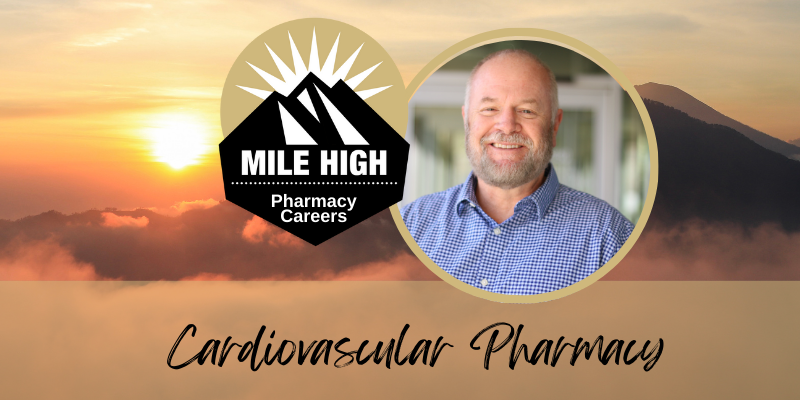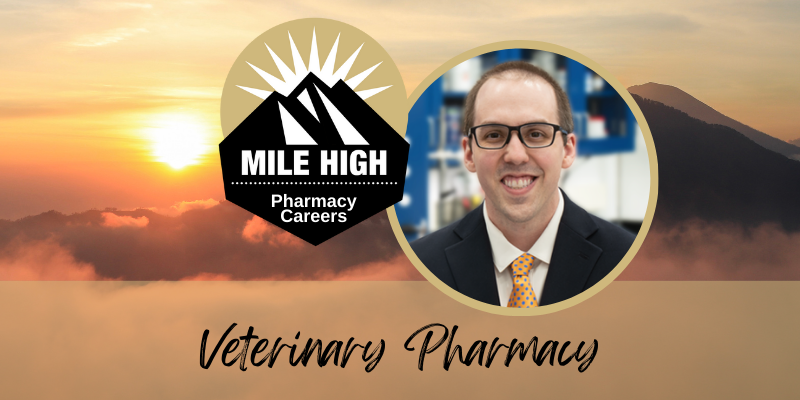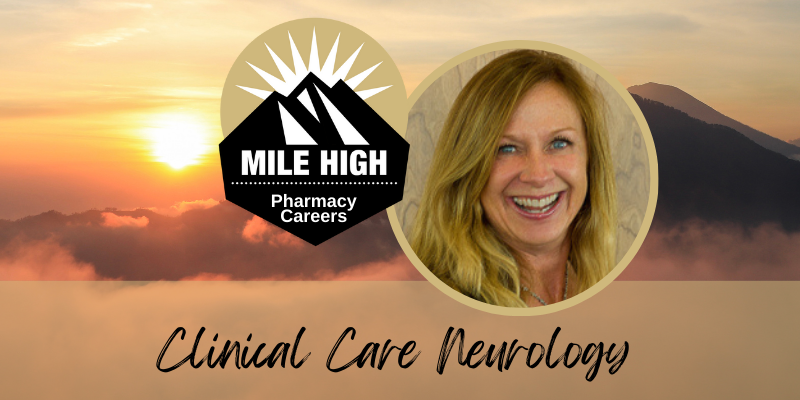Americans spend about $34 billion annually out-of-pocket on supplements, but most don’t report the use to their healthcare provider. This causes problems if the patient is on a medication that could have an adverse reaction to the dietary supplements they’re using.
Don’t Ask, Don’t Tell, Don’t Know, Don’t Ask
Dietary and herbal supplement education is not required in most US health professional school programs. Even in pharmacy schools, it is offered as an optional elective, a lecture, or as part of case presentations.
Four out of ten adults (one out of nine children) of the population use supplements, but about 72% wouldn’t think to tell their healthcare provider.
Many providers avoid the use of or discussing supplementary medicine with patients because they don’t know enough about it, don’t believe it works, or are fearful of questions they may receive. By being educated, providers are not only able to answer patients’ questions but know to inquire about the use of complementary medicines and even suggest some that could be beneficial. It’s important for all healthcare providers’; pharmacists, physicians, nurses, nurse practitioners physician assistants, and dentists to be confident in holistic care.
A Gap in the Educational System
In a recent study, conducted in part by CU Pharmacy faculty member Monika Nuffer, PharmD, results showed that even minor curricular intervention can elicit a significant change in opinions and plans for future interaction and treatment of patients. For the study, family medicine residents with the University of Colorado participated in an hour-long curriculum covering basic concepts about safety and efficacy supplements and completed pre and post surveys.
After the one hour training, the number of residents planning to discuss or screen patient’s supplements use increased from 45% to 89%. They also stated that they plan to ask patients about their supplement use more often and their perceptions on the efficacy of some supplements improved.
The study confirmed a profound gap in the current educational system in preparing emerging providers to discuss herbals and supplements with patients.
Integrative Health and Medicine Certificate
To address this, the University of Colorado Skaggs School of Pharmacy is now offering a new Graduate Certificate in Integrative Health and Medicine (IHM) to train all healthcare professionals. The program focuses on pharmacognosy; medicinal drugs obtained from plants or other natural sources, and pharmacology. At the root of it all, graduates can apply knowledge of IHM modalities in a variety of settings, positively impacting patients.



